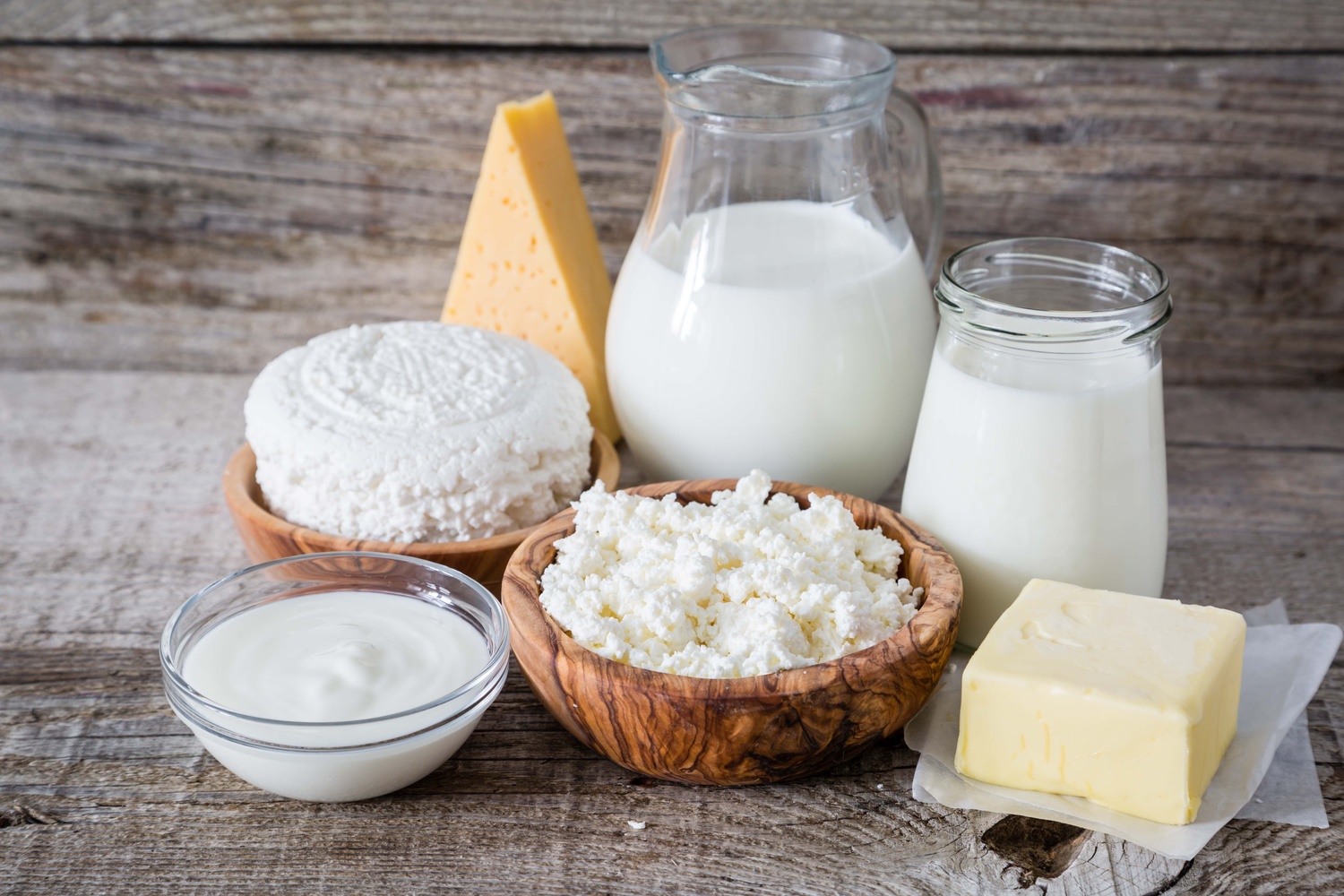Including full-fat milk, yogurt, cheese and butter in your diet might not actually be bad for you, claims a new research done by the University of Texas Health Science Center at Houston.
The study was published recently in the journal American Journal of Clinical Nutrition and reports that there is no certain connection between dairy fats and early death- or heart disease and stroke- two be specific. Heart disease and strokes are responsible for the majority of deaths in the US- both are commonly said to be a result of high amount of saturated fat in the diet.
The researchers add that contrary to popular belief, certain types of fat might even be beneficial and protect the heart against cardiovascular diseases.
Marcia Otto, first and corresponding author of the study and also assistant professor in the Department of Epidemiology, Human Genetics and Environmental Sciences at UTHealth School of Public Health said, “Our findings not only support but also significantly strengthen, the growing body of evidence which suggests that dairy fat, contrary to popular belief, does not increase risk of heart disease or overall mortality in older adults. In addition to not contributing to death, the results suggest that one fatty acid present in dairy may lower risk of death from cardiovascular disease, particularly from a stroke.”
The research team studied how various biomarkers of fatty acids that are present in dairy fat are associated to heart disease and death over a course of 22 years. This method used by the team was more insightful about the effects of long-term consumption of these fatty acids on the heart than the commonly used self-reported consumption.
About 3,000 adults aged 65 and older were part of this study which measured the plasma levels of three different types of fatty acids that are found in several dairy products in the years 1992, 1998 and 2005.
No fatty acid type showed a direct correlation with total mortality- one of the three was shown to be lowering the risk of deaths due to cardiovascular disease.
Nearly 3,000 adults age 65 years and older were included in the study, which measured plasma levels of three different fatty acids found in dairy products at the beginning in 1992 and again at six and 13 years later. Participants who had higher fatty acid levels meaning participants who also consumed whole-fat dairy products- had were 42 percent less likely to die from stroke.
Dietary guidelines in America often tell people that it is safe to consume fat-free or low-fat dairy products like skimmed milk, cheese, yogurt and fortified soy beverages- but these “low-fat” products often contain a high amount of added sugars which in turn negatively affects cardiovascular and metabolic health, warns Otto.
“Consistent with previous findings, our results highlight the need to revisit current dietary guidance on whole fat dairy foods, which are rich sources of nutrients such as calcium and potassium. These are essential for health not only during childhood but throughout life, particularly also in later years when undernourishment and conditions like osteoporosis are more common,” explained Otto.
“Consumers have been exposed to so much different and conflicting information about diet, particularly in relation to fats,” she added. “It’s therefore important to have robust studies, so people can make more balanced and informed choices based on scientific fact rather than hearsay,” she added.

